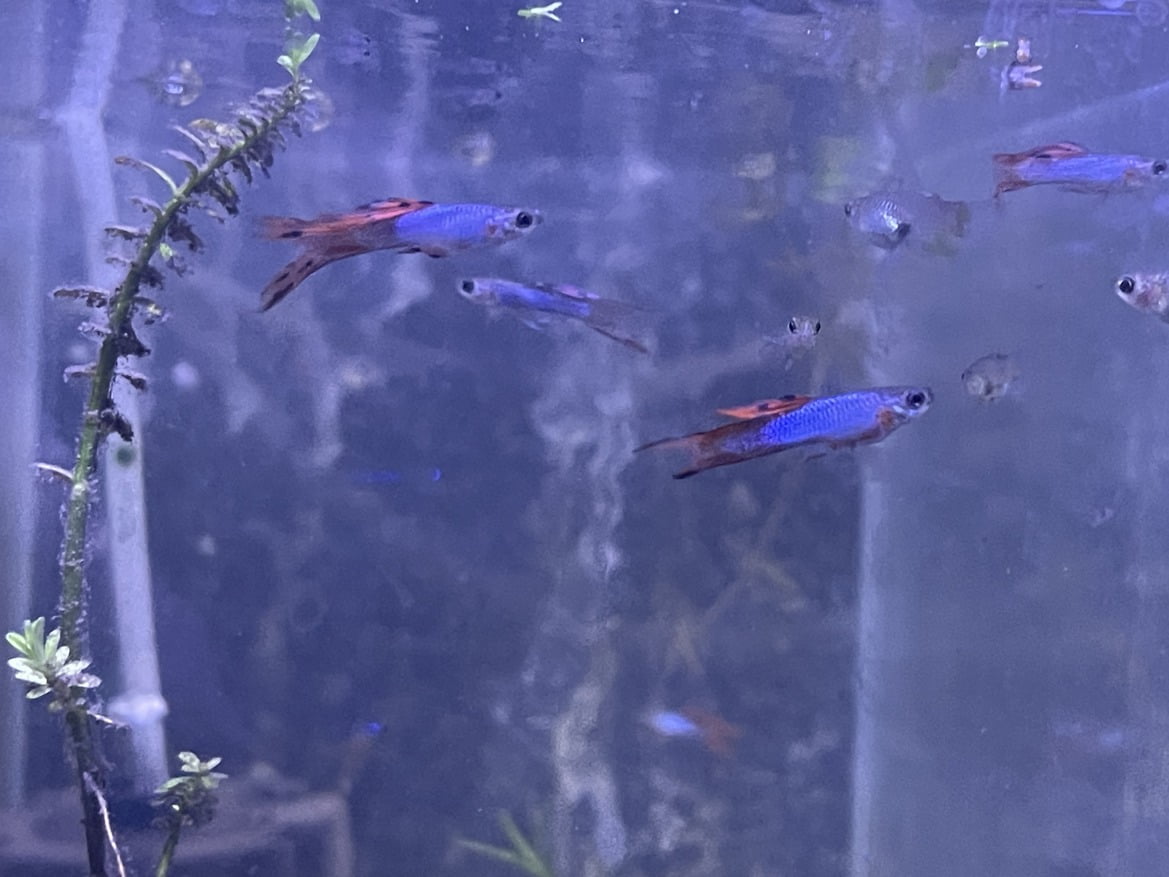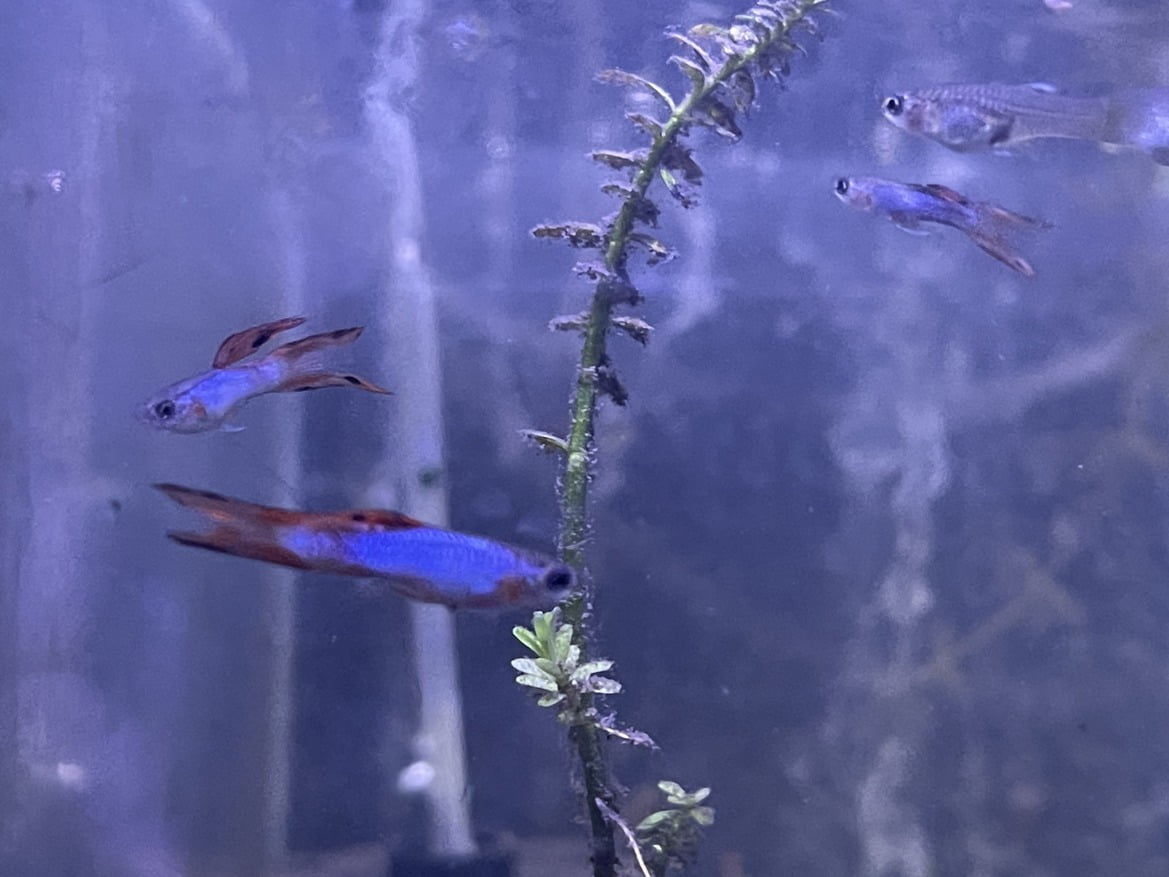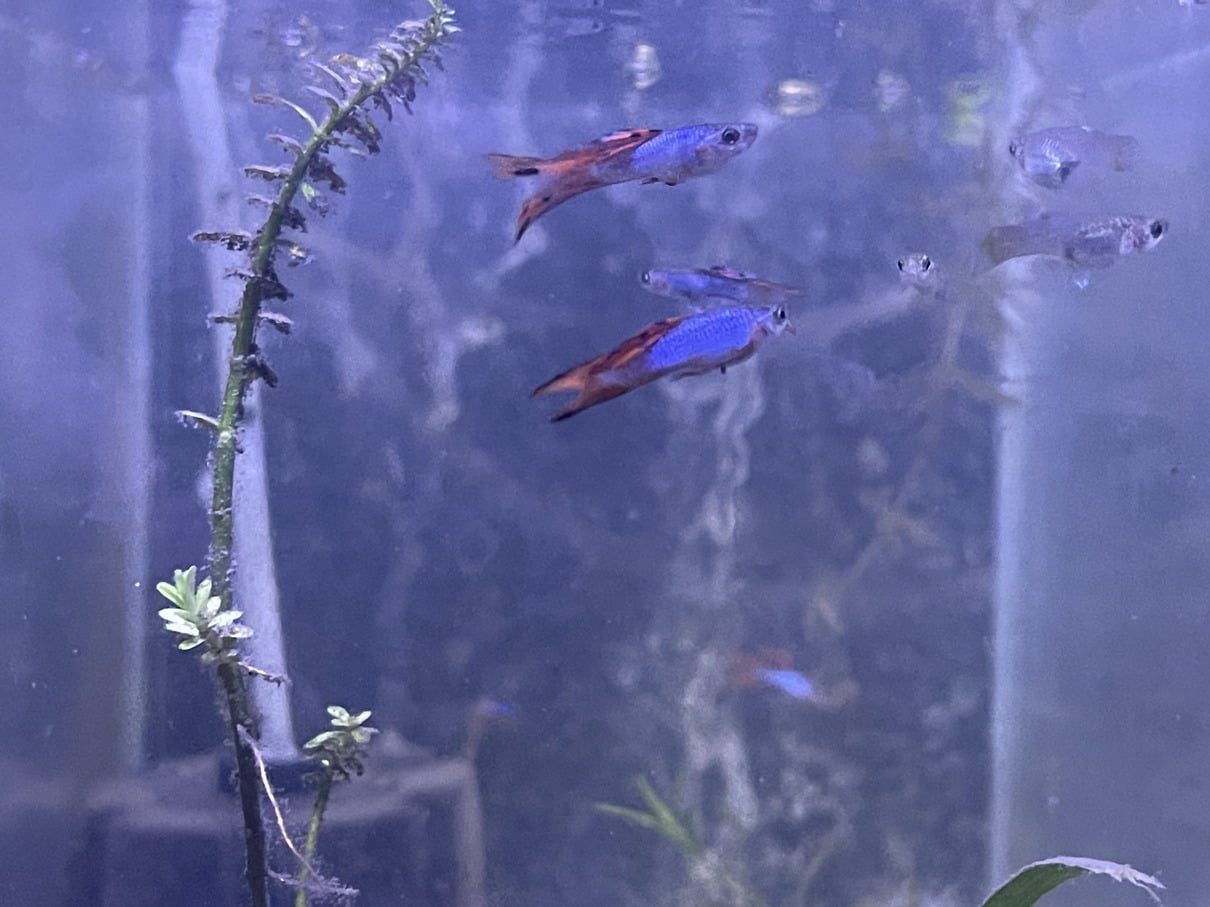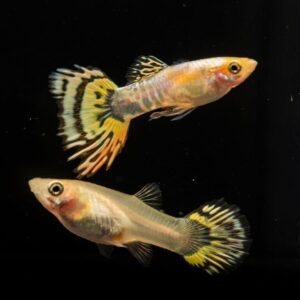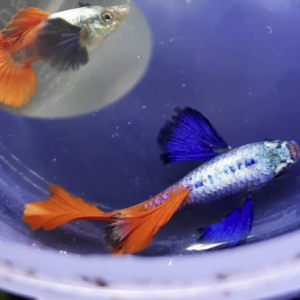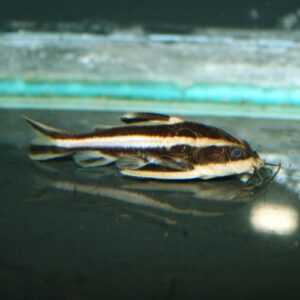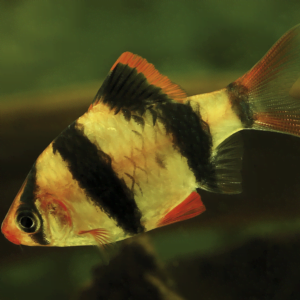Singa Double Swordtail Guppy (Rare)
₱800.00
Out of stock
Categories All, Fresh-Water Fish, Guppies
Your live fish may not match the image shown due to natural variations in each species. Each companion animal is different in shape, color, and personality.
Scan to Purchase
Looking for Rare guppy in Bacolod? This is your chance to get one!
Here’s a care guide for Guppies (Poecilia reticulata) in bullet points:
Tank Setup:
- Tank Size: A small group of guppies can thrive in a tank as small as 10-20 gallons, but larger tanks provide more space for them to swim and breed.
- Filtration: Use a gentle filter to maintain water quality, as guppies prefer calm water conditions.
- Lid: Guppies are jumpers, so a secure lid is necessary.
Water Conditions:
- Temperature: Maintain water temperature between 72-82°F (22-28°C).
- pH Level: Keep the pH between 6.8 and 7.8.
- Water Hardness: Guppies are adaptable but prefer water with moderate hardness (6-12 dGH).
- Regular Water Changes: Frequent water changes help maintain water quality.
Diet:
- Omnivorous: Guppies are omnivores with a varied diet.
- High-Quality Flakes or Pellets: Offer high-quality tropical fish flakes or pellets as their primary diet.
- Live or Frozen Foods: Provide occasional treats like live or frozen foods such as bloodworms, brine shrimp, or daphnia.
- Avoid Overfeeding: Guppies have small stomachs, so avoid overfeeding to prevent health issues.
Tank Mates:
- Peaceful Community Fish: Guppies are peaceful and do well with other non-aggressive fish species.
- Be Cautious with Aggressive Fish: Avoid keeping them with aggressive or fin-nipping species that may harass guppies.
Behavior and Activity:
- Social Fish: Guppies are social and do best when kept in groups of at least 3 or more.
- Active Swimmers: They are active and enjoy swimming throughout the tank.
Tank Decor:
- Plants and Decor: Provide live or artificial plants and decorations for hiding spots and to create a stimulating environment.
- Floating Plants: Guppies appreciate the presence of floating plants, which provide shade and breeding sites.
Breeding:
- Prolific Breeders: Guppies are known for their high reproduction rate, so expect fry in a well-maintained tank.
- Separate Fry: If you wish to raise the fry, consider moving them to a separate breeding tank.
Health and Disease:
- Quarantine New Fish: Quarantine any new fish before introducing them to the main tank to prevent disease outbreaks.
- Monitor Health: Keep an eye out for signs of stress or disease, such as loss of appetite, rapid breathing, or unusual behavior.
Guppies are colorful, easy-to-care-for fish that are perfect for both beginners and experienced hobbyists. By providing them with the right tank setup, water conditions, diet, and compatible tank mates, you can enjoy these charming fish in your aquarium while they exhibit their active and social behavior.
| Option | 1 Pair |
|---|

